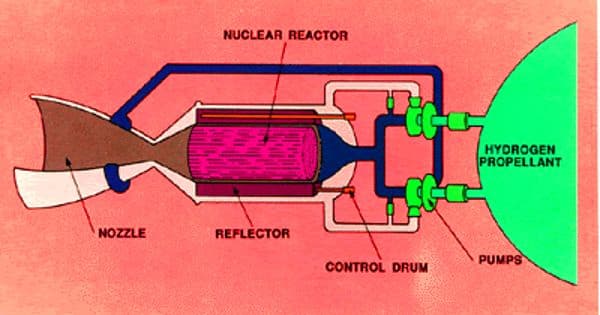The definition of part-time is a type of job that is done for less than the normal amount of hours invested, or for less than the full duration that it is normally done. A part-time job is a form of employment that carries fewer hours per week than a full-time job. It is one that usually requires a person to work fewer hours per workweek than their employer deems full-time employment. They work in shifts. The shifts are often rotational. Workers are considered to be part-time if they commonly work fewer than 30 hours per week. If you’re considering a part-time job, it’s important to know about the hours and benefits involved, as well as the types of jobs that are available. There can be benefits to working part-time, including freeing up time to pursue other work or personal responsibilities.
According to the International Labour Organization, the number of part-time workers has increased from one-quarter to a half in the past 20 years in most developed countries, excluding the United States. Part-time employees typically include students, moms and dads, retirees, and other workers who don’t want or need the time commitment of a full-time position. There are many reasons for working part-time, including the desire to do so, having one’s hours cut back by an employer, and being unable to find a full-time job. Part-time positions can sometimes work their way into full-time work, depending on the structure of the company. The International Labour Organisation Convention 175 requires that part-time workers be treated no less favorably than full-time workers. A part-time job simply involves working fewer hours in a week than a full-time job. Often, part-time jobs involve working in shifts. These shifts are usually rotational with other part-time workers.
Part-time workers are entitled to the following workplace benefits:
- Equal pay rates, including sick pay and parental leave
- The same pension opportunities and benefits as full-time employees
- The same holiday rights as full-time employees
- Equal training and career opportunities
- Equal consideration for promotion, transfer or redundancy.
In some cases, the nature of the work itself may require that the employees be classified as part as part-time workers. For example, some amusement parks are closed during winter months and keep only a skeleton crew on hand for maintenance and office work. In a struggling economy, full-time jobs may become rarer. It may, therefore, be the case that they have to take a part-time job as full-time work isn’t available. As a result of this cutback in staffing during the offseason, employees who operate rides, run gaming stands, or staff concession stands may be classified as part-time workers owing to the months-long downtime during which they may be technically employed, but not necessarily on active duty. Part-time retail and hospitality positions are common, but most industries use some part-time workers to supplement their full-time staff.
















